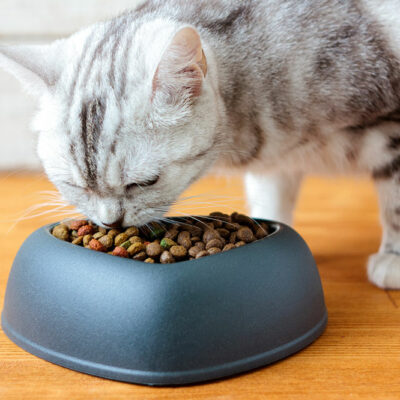
5 Foods to Avoid For Multiple Sclerosis Patients
Multiple sclerosis is a central nervous system disease that involves the demyelination of neurons in the brain or spinal cord. The most common symptoms are extreme physical and mental exhaustion and difficulty in walking. Inability to use the legs is often caused due to muscle weakness, spasms, difficulty balancing, tremors, and numbness. Some people experience acute or chronic pain and cognitive issues.
Doctors use CT scans, MRIs, lumbar punctures, and blood tests to diagnose multiple sclerosis. Multiple sclerosis usually occurs in people between the ages of 20 and 40 and those with low vitamin D levels. Moreover, the relapsing-remitting type of multiple sclerosis is more common in women. The following is a list of foods to avoid for multiple sclerosis patients.
1. Saturated fats
Saturated fats raise blood cholesterol level, which is bad for the heart. Certain heart conditions like hypertension can also increase the risk of suffering from multiple sclerosis. Many studies show that those who follow a diet with less saturated fat are less likely to experience remission. Individuals who have multiple sclerosis should avoid fatty foods like bacon, butter, cheese, milkshake, coconut cream, and chocolates.
2. Refined sugars
Refined sugars cause erratic mood swings between high energy and low energy. Increased body weight can also reduce the ease of mobility. It can cause inflammation, which worsens the symptoms of multiple sclerosis.
3. Dairy
Research has shown that there is a high correlation between dairy and multiple sclerosis. It is because of the high protein and saturated fats content of cow’s milk. Specific proteins mimic Myelin Oligodendrocyte Glycoproteins (MOG), the part of myelin that triggers an autoimmune attack of myelin causing demyelination. MOGs are present in milk, yogurt, cheese, butter, chocolates, and ice creams containing milk.
4. Alcohol
Alcohol can interfere with multiple sclerosis medication. Also, alcohol is a CNS depressant and hampers cognitive functioning. Disturbances to mental health accompany this demyelinating disease. People with multiple sclerosis are more likely to abuse alcohol. Fear of relapse or depression can contribute to the increased dependence on alcohol. Alcohol worsens symptoms of multiple sclerosis, such as sleep apnea, inflammation, and liver problems.
5. Salt
People who consume excess sodium in their diet are at a higher risk of suffering from multiple sclerosis and also more likely to suffer from a relapse. Excess sodium increases blood pressure. High blood pressure, or hypertension, escalates the risk of heart disease, which aggravates multiple sclerosis symptoms. Besides, salt increases water retention and results in setting off inflammation. Sodium chloride also affects T-cells that are important to the immune system.
Multiple sclerosis, being a chronic, degenerative disease, can seem scary. But managing it is a possible and realizable goal. Remember that this list is not exhaustive, but diet is the best place to start. Keep a food diary and observe triggers. Each individual is different and so are their food sensitivities. Be patient with your body and consult a doctor when you change your diet.


